Scars of History
Ignition Point
Rome never fixed what wasn’t broken. It broke things in order to fix them.
Vespasian came to power on the ruins of yet another civil war — and the first thing he did was announce a repair of the entire planet. The Colosseum in Rome, aqueducts in Cilicia, temples in Pamphylia — these weren’t just construction projects, they were resuscitations after hemorrhage. The Eastern provinces became not a showcase but a workshop. Where the air reeked of rebellion and fire, suddenly the smell of lime, fresh stone, and Roman geometry spread.
Chronicle of Collapse
After Nero, the Empire nearly shot itself in the head. Four emperors in one year, chaos, armies voting with their swords. When the dust settled, Vespasian — once a road builder, son of a tax collector — picked up a colossal broom and decided to sweep away the filth.
The East still bore scars.
In Cilicia — a pirate past, unhealed gaps in infrastructure.
In Pamphylia — cities damaged by earthquakes and neglect.
In Lycia — mountains that swallowed more roads than were ever built.
And under his rule:
aqueducts were restored and extended, including lines stretching across the gorges of Cilicia;
temples in Side, Perge, Seleucia received new colonnades and squares;
roads connected ports and hinterlands, turning the provinces into a Roman chip plugged into the network of the Empire;
cities gained colonial status and with it forums, theaters, arches.
Ruins of Decisions
Vespasian did not build for beauty. He built for control.
An aqueduct wasn’t water, it was power. A temple wasn’t religion, it was loyalty. A theater wasn’t art, it was a built-in channel of Roman propaganda.
Reconstruction turned the Eastern provinces from periphery into testing ground:
here Roman engineering became an instrument of integration;
here, on the bones of old towns, new ones rose, where Latin echoed in colonnades like the voice of a foreign god;
here pirate harbors became customs ports, and public squares became centers of Roman administration.
Shadows on the Edge of the Mind
The Roman Empire always worked by the same formula: first destroy, then rebuild. Vespasian turned it almost into an aesthetic. In his logic there was no “preserve,” only “replace.”
And here comes the strange question: if everything is rebuilt and veneered with marble, where does the authentic end and the Roman simulacrum begin?
Cilician aqueducts and Pamphylian theaters still stand — but they are no longer cities, they are phantom pains turned into museums. They remind us not of Rome’s greatness, but that repair can be violent, and new life can be a foreign operating system.
How Did We Get Here?
Go to Turkey. To Antalya. Or Mersin.
And then imagine yourself as a Roman legionary with a brigade of builders.
Perge (Antalya): colonnaded streets, Roman baths, the aqueduct that once filled fountains.
Side: a theater for 15,000, arches and forum rebuilt under the Flavians.
Seleucia (Manavgat): fragments of temples given new life in the 1st century.
Lamos in Cilicia: city gates, aqueducts, stairways in the rock, all touched up by Vespasian’s hand.
All these places today look as if the repair crew simply went out to lunch and never returned.
Echo in the Void
You stand in Side, among the stones, and think: this isn’t antiquity, it’s a corporate rebranding two thousand years old.
Vespasian wasn’t an artist, he was tech support for the Empire. His Eastern projects are an eternal reminder: sometimes history doesn’t burn or collapse. It just updates like software. First installation, then bugs, then new versions.
And only we, tourists with tickets and cameras, can see that this whole “Roman upgrade” wasn’t restoration but a reboot — with the original files lost.
#VoiceOfRuins #ScarsOfHistory #Vespasian #RomanEmpire #Cilicia #Pamphylia #Lycia #Reconstruction #Architecture










Our Telegram-channel: Voice Of Ruins https://t.me/Voice_Of_Ruins
Our Instagram: Voice Of Ruins https://www.instagram.com/voiceofruins/
Our group on Facebook: Voice Of Ruins https://www.facebook.com/share/g/16aitn9utM/
Our site: Voice Of Ruins https://www.voiceofruins.org

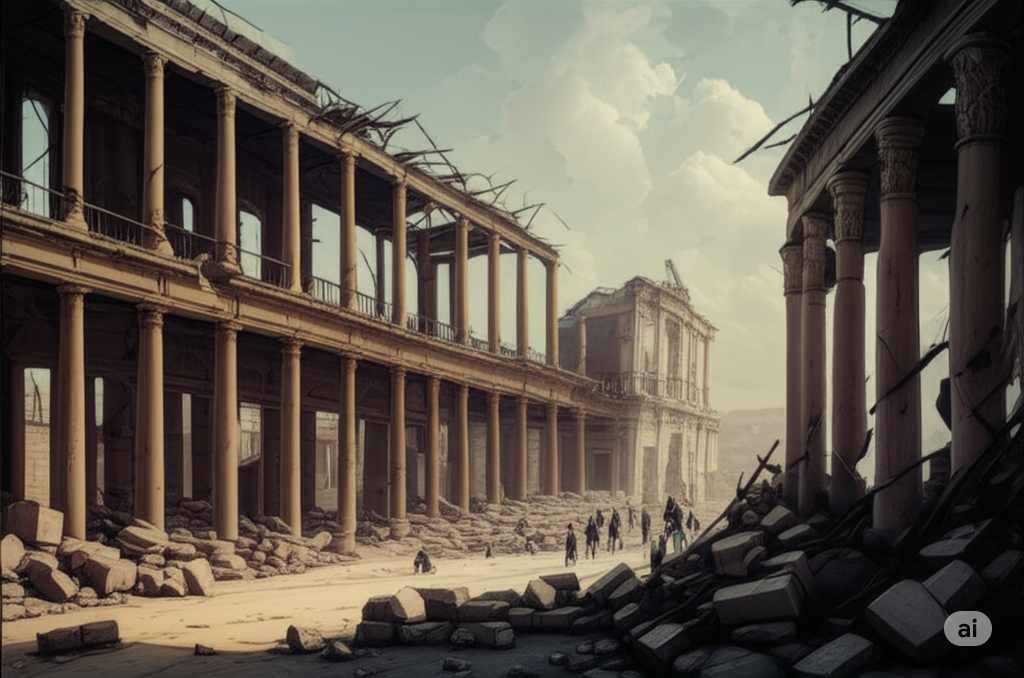
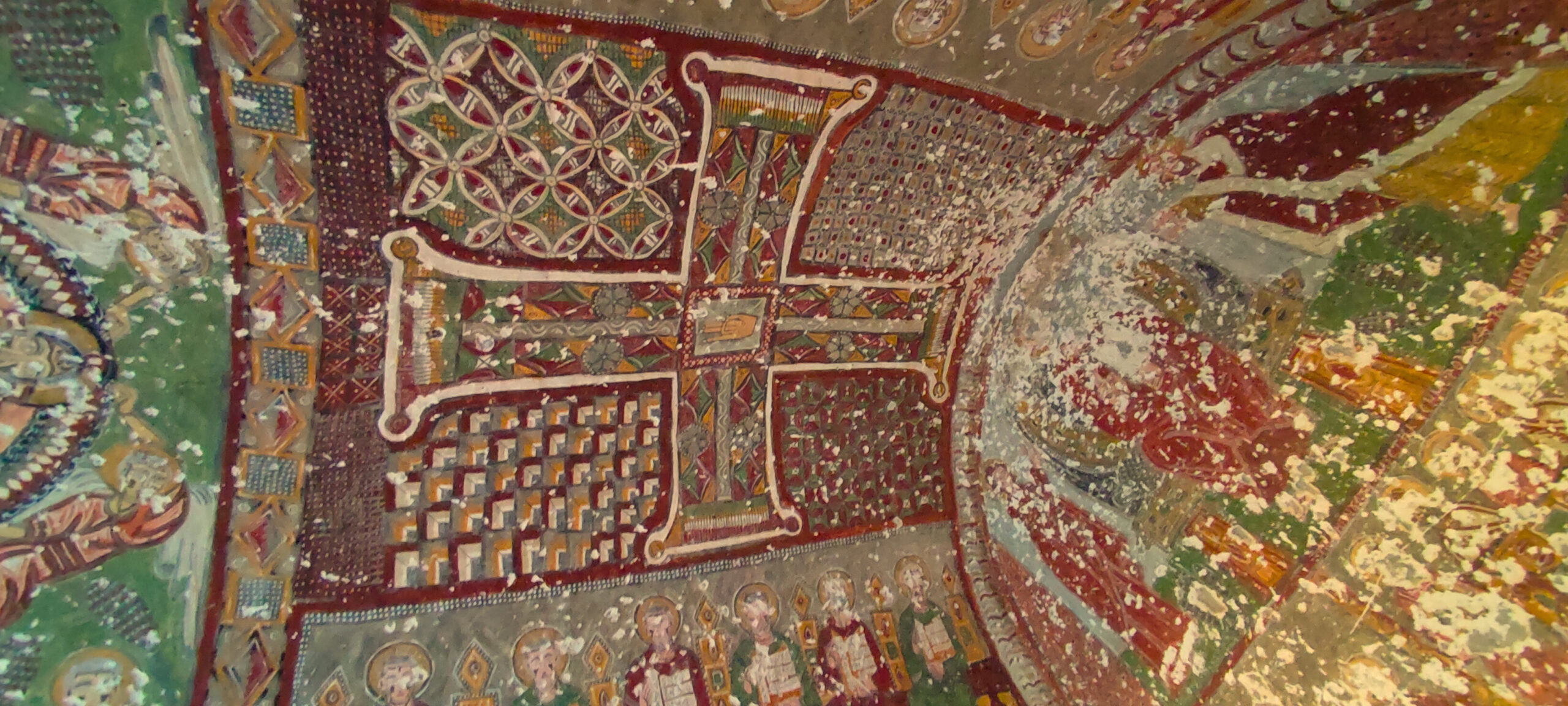
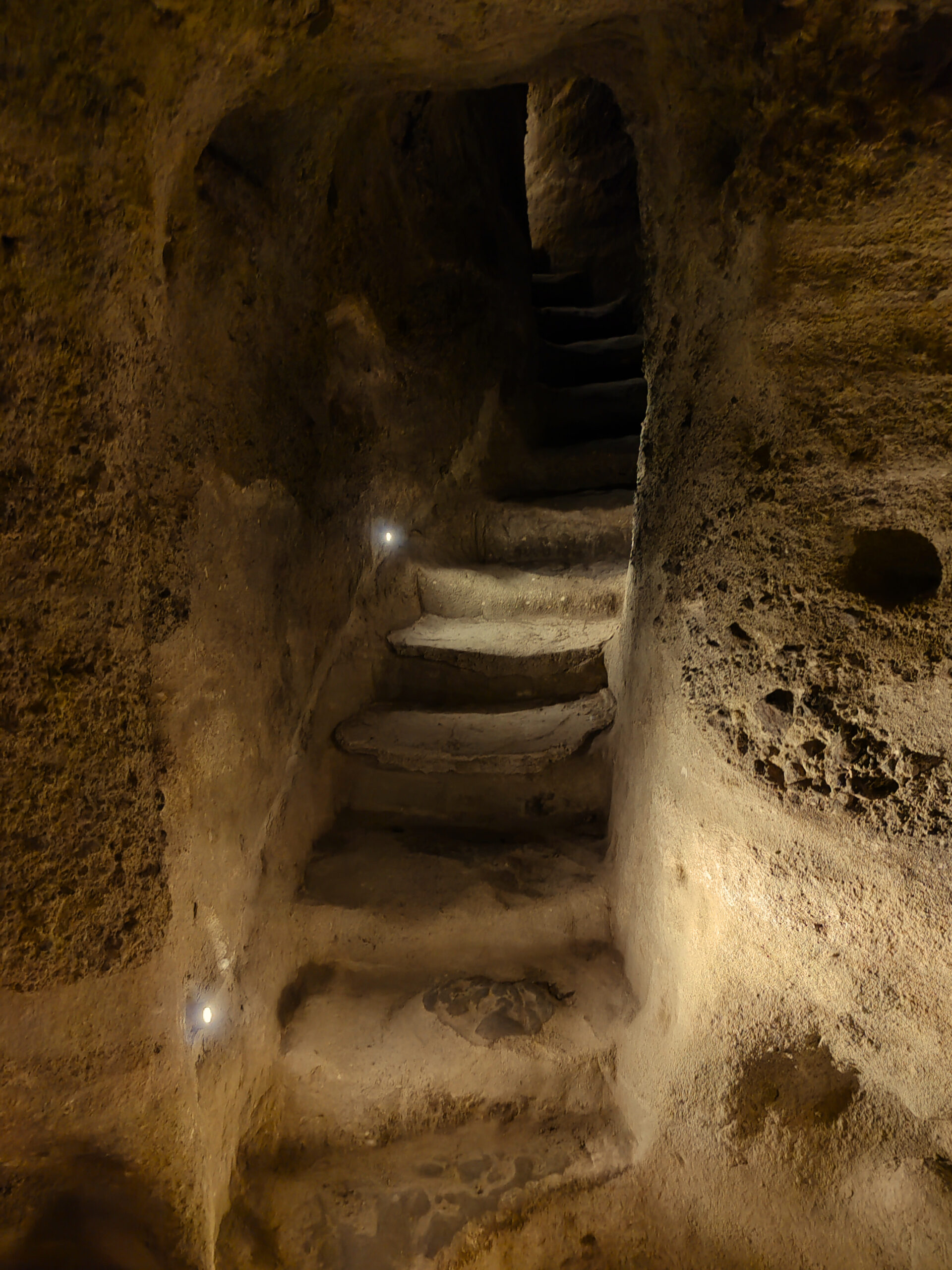
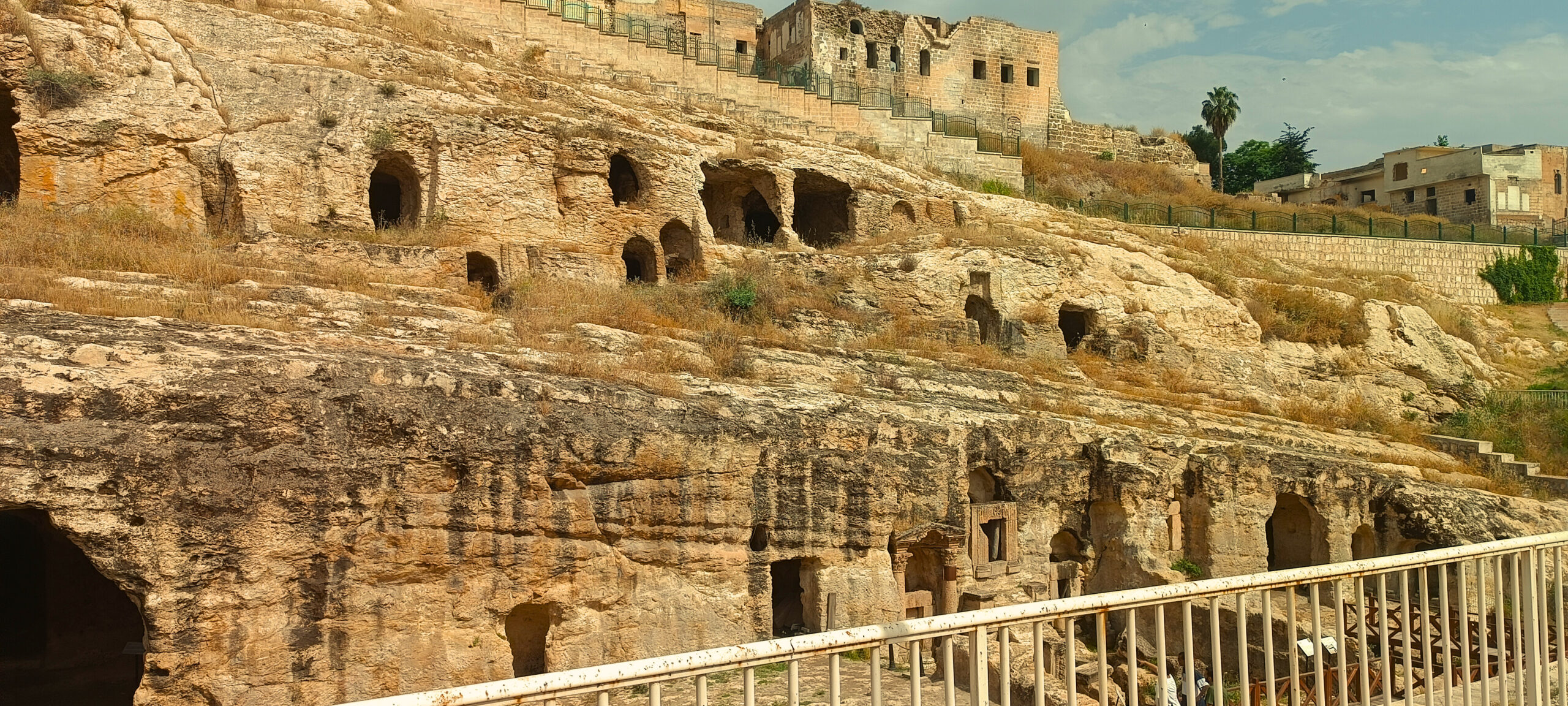
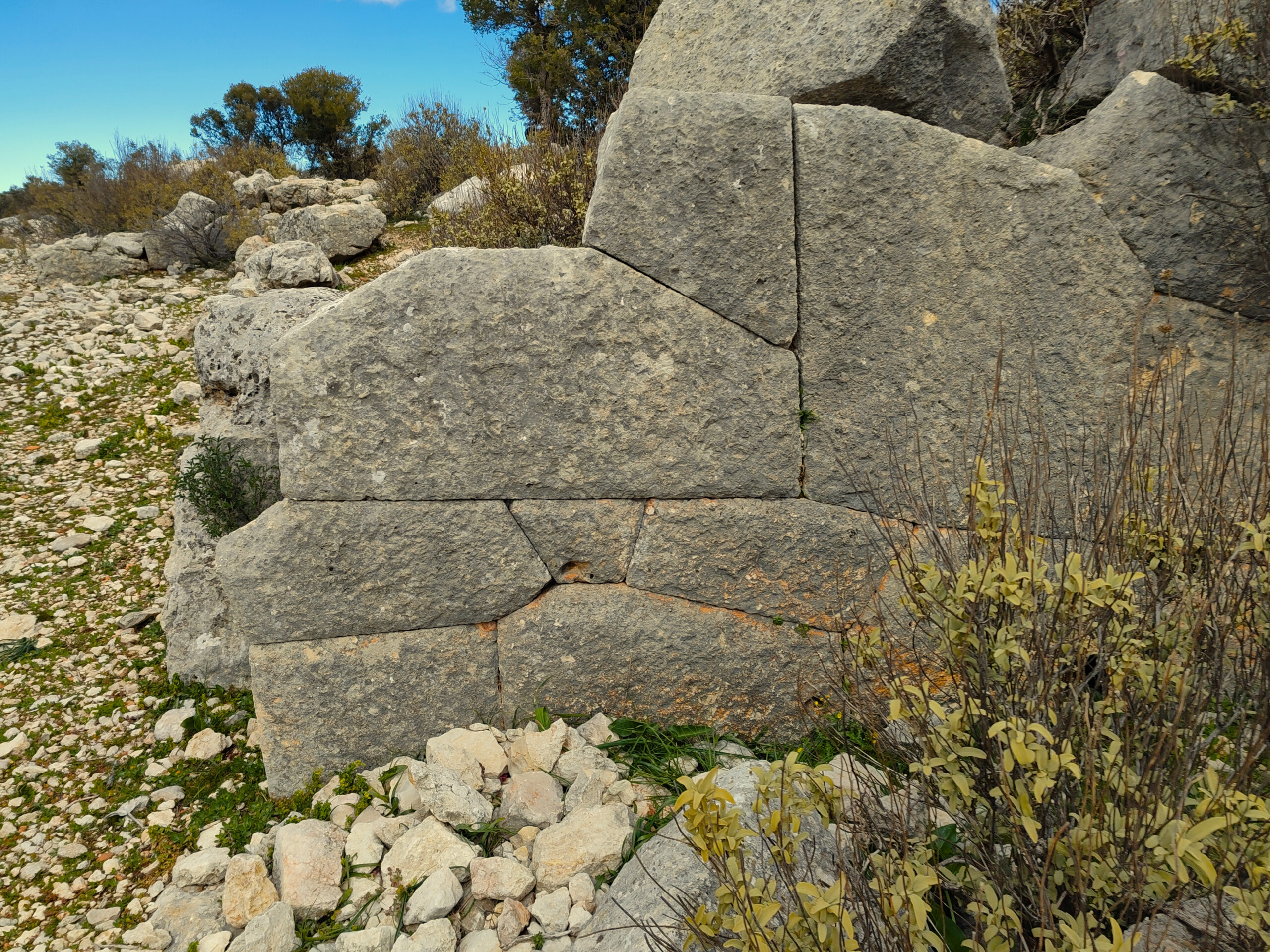
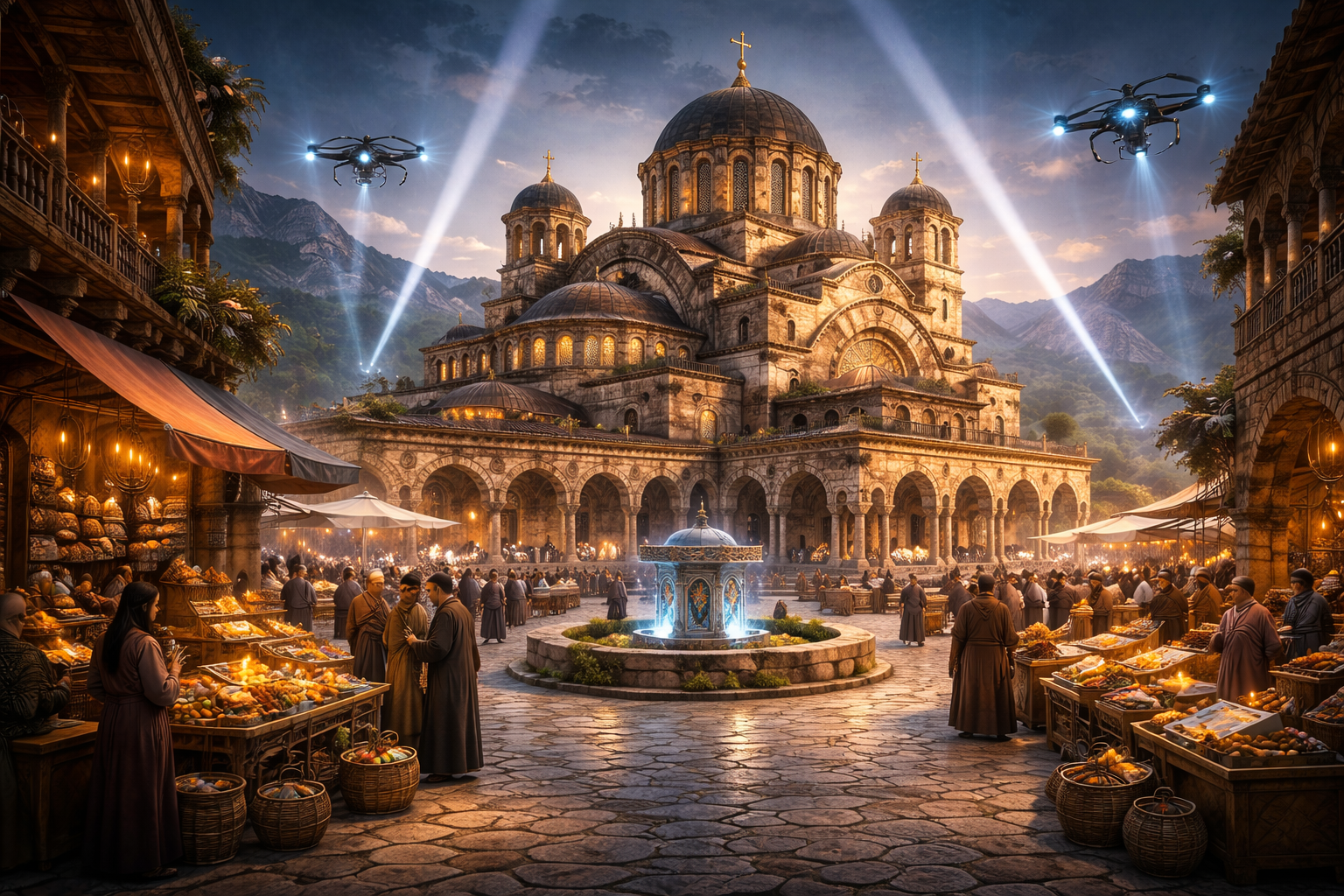


Leave a Reply